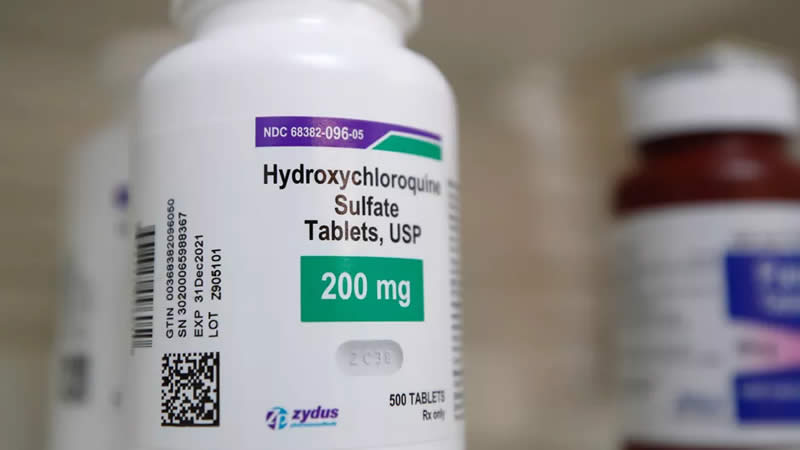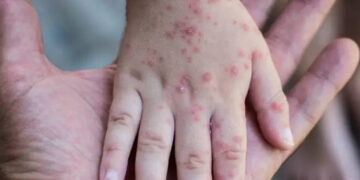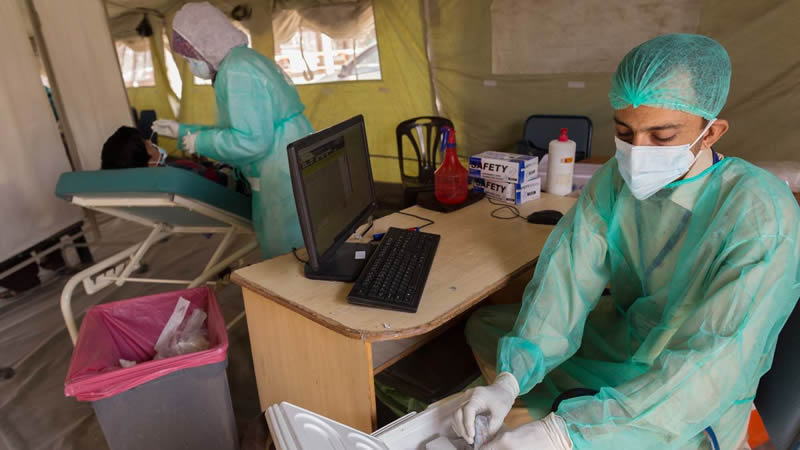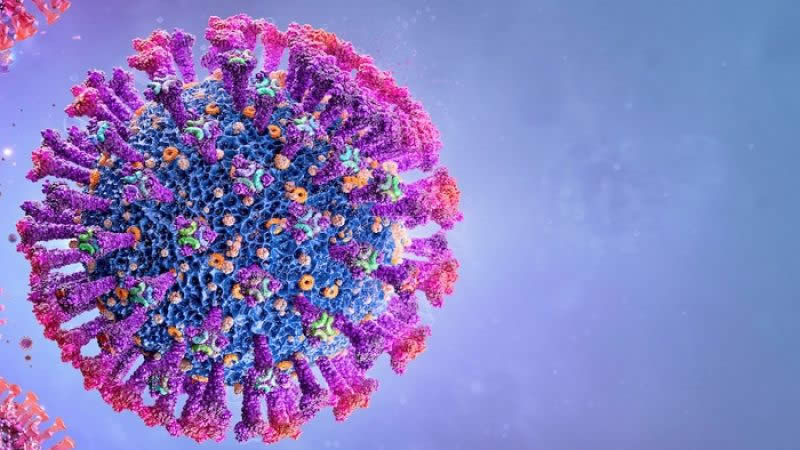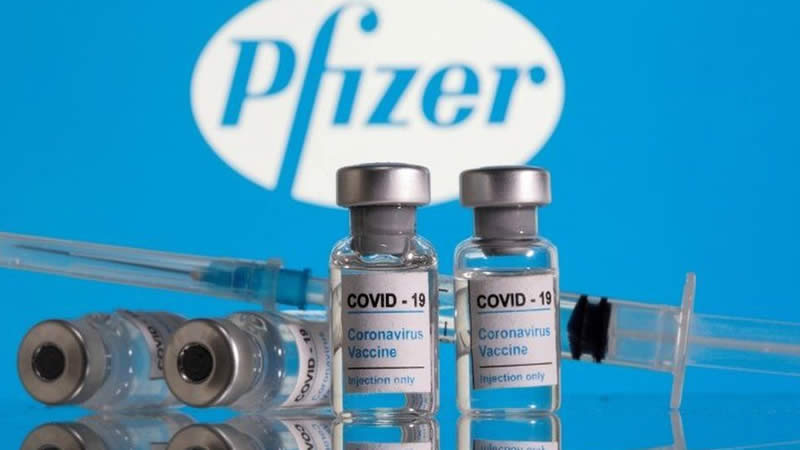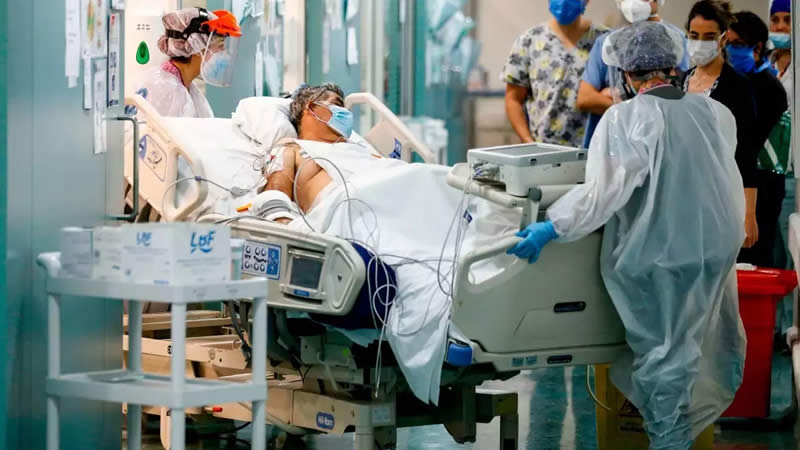The World Health Organisation announced on Wednesday that clinical trials of the drug hydroxychloroquine will resume as it searches for potential coronavirus treatments.
On May 25, the WHO announced it had temporarily suspended the trials to conduct a safety review, which has now concluded there is “no reason” to change the way the trials are conducted. The UN health agency’s decision came after a study published in The Lancet medical journal suggesting the drug could increase the risk of death among Covid-19 patients.
The executive group of the so-called Solidarity Trial — in which hundreds of hospitals across the world have enrolled patients to test several possible treatments for the novel coronavirus — took the decision as a precaution. Hydroxychloroquine is normally used to treat arthritis but public figures including US President Donald Trump have backed the drug for Covid-19 prevention and treatment, prompting governments to bulk-buy.
“Last week, the executive group of the Solidarity Trial decided to implement a temporary pause of the hydroxychloroquine arm of the trial, because of concerns raised about the safety of the drug,” WHO chief Tedros Adhanom Ghebreyesus told a virtual news briefing. “This decision was taken as a precaution while the safety data were reviewed. “The data safety and monitoring committee of the Solidarity Trial has been reviewing the data.
“On the basis of the available mortality data, the members of the committee recommended that there are no reasons to modify the trial protocol. “The executive group received this recommendation and endorsed continuation of all arms of the Solidarity Trial, including hydroxychloroquine. “The executive group will communicate with the principal investigators in the trial about resuming the hydroxychloroquine arm of the trial.
“The data safety and monitoring committee will continue to closely monitor the safety of all therapeutics being tested in the Solidarity Trial.” More than 3,500 patients have been recruited across 35 countries to take part in the trials.
Virus vaccine alliance
France, Germany, Italy and the Netherlands have forged an alliance to speed up the production of a vaccine “on European soil” against the new coronavirus, Dutch officials said on Wednesday. Four of Europe’s largest economies “are jointly exploring various promising initiatives and are in discussion with various pharmaceutical companies,” the Dutch Health Ministry announced.
The aim of the “Inclusive Vaccine Alliance” was to allow for vaccine production on European soil wherever possible, the department said in a statement issued in The Hague.


